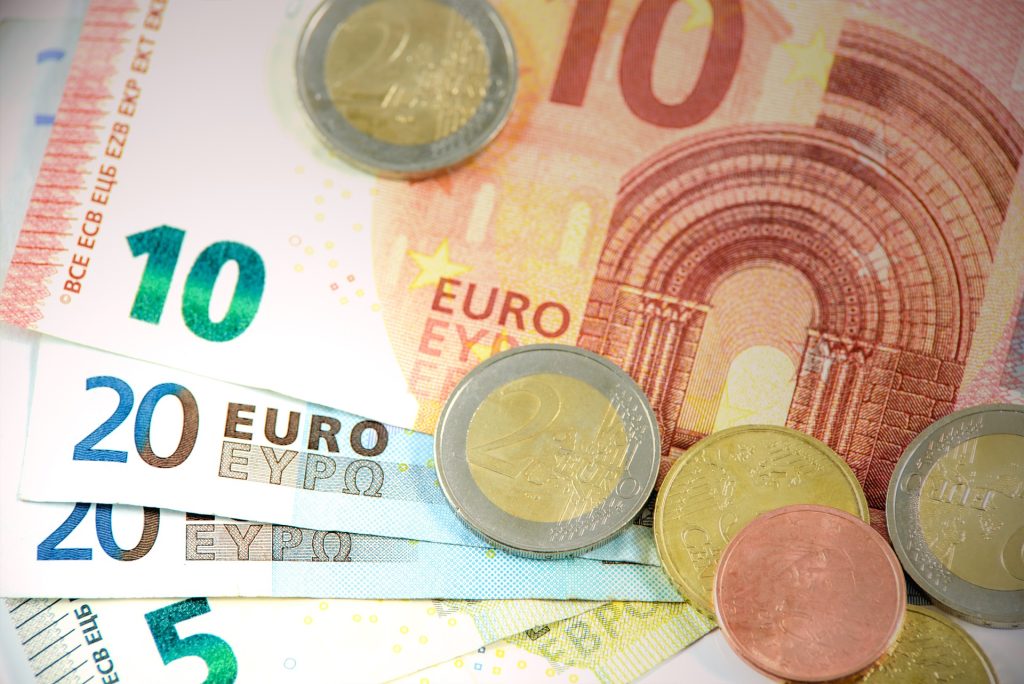Croatia Is Now Part of Eurozone and Schengen
From joining the EU in 2013 to becoming a member of the Schengen area on 1st January 2023 – it took Croatia a decade to find a place in the coveted Schengen area. Croatia is now part of the borderless EU Schengen club enabling people to travel between the country and other Schengen countries without a passport or border control (of course, one has to show their national ID card).
Croatia has also started transitioning its Kuna currency system to a Euro-based currency. Reports emerged that citizens of the country faced trouble taking out cash from ATMs or paying online on 1st January. However, today, on 2nd January, it seems that the transition has largely been completed.
Key Points-
- Croatia became a member of the EU in 2013
- Every nation in the EU is legally required to adopt the Euro subject to the fulfilment of certain criteria.
- Croatia, on 1st January 2023, abolished Kuna and replaced it with Euro.
- The country has also joined the Schengen area – the group of countries that allow passport-free travel.
- Along with Croatia, Romania and Bulgaria have been wanting to be a part of the Schengen club. Unfortunately, these two countries will still have to wait.
Croatia Meets the Euro Convergence Criteria
Any new EU member intending to join the Eurozone needs to meet the Euro Convergence Criteria. There are 4 main criteria that any potential Eurozone country must fulfil-
- The HICP inflation rate of the potential Eurozone country should not be higher than 1.5 per cent above that of the three EU countries having the lowest HICP inflation rate.
- The budgetary deficit in potential Eurozone countries should be within the limit.
- The potential Eurozone country has to participate in the Exchange Rate Mechanism. The currency of such a country should remain stable against the Euro. Also, the country must not employ any devaluation of the central rate of its currency to keep it in line with the Euro. This practice should be in place for at least 2 years.
- The long-term interest rate of the potential Eurozone country should be within two percentage points above the interest rates of the three best-performing EU countries.
The 2022 Convergence report reveals that Croatia meets all four criteria. The country is also fully capable – from a legislation point of view – of synchronising national legislation with the rules and regulations of the ESCB and ECB.
The Hidden Politics: The Story of Bulgaria and Romania
Croatia, Bulgaria and Romania – all three countries were waiting for the approval of their entry into the Eurozone and Schengen area. Yes, Croatia meets all the technical criteria necessary to be a part of the Schengen area, but Bulgaria and Romania, too, had performed quite well. Bulgaria, for example, met three out of five convergence criteria as per the last report.
The reason why countries like Austria oppose Bulgaria or Romania’s entry into the Schengen area is the fact that –
- Bulgaria shares its border with Turkey
- Romania shares its border with Bulgaria
- Hungary – a member of the Schengen area, shares its border with Romania.
Countries – especially Austria – allege that if Bulgaria and Romania become part of the Schengen area, immigrants from Turkey and nearby countries will find it easy to enter EU member states. Austria alleges that illegal immigrants might enter Bulgaria and then Romania. If Romania becomes a Schengen member, then those immigrants can easily enter Hungary and Austria.
Croatia, on the other hand, has no such border issue. Making it a Schengen member would actually make this popular holiday destination more accessible.
All politics aside, 2023 marks an exciting new epoch in the history of Croatia. Both the business community and individual people are extremely happy with the development. Every year, traffic jams near the Croatian border result in the loss of billions of monetary resources, as well as time. Croatia’s entry into the Eurozone effectively solves this problem. This is perhaps the most poignant and immediate positive effect of the development. More to come.
